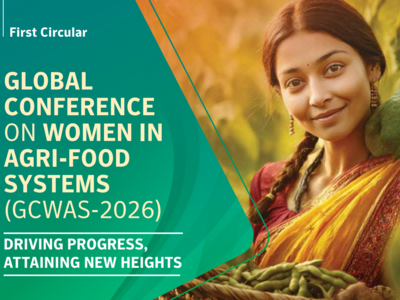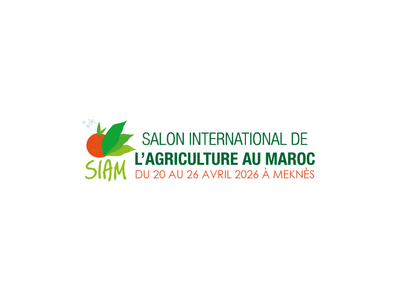2nd TOT on adopting climate change with sustainable natural resource management - funded by UNDP and Japan
Background and course structure
On top of the severe drought conditions in 2008-2009, the loss and damage of agricultural facilities in the 7-year conflict has had a serious impact on agricultural production and livelihoods in rural area in Syria. UNDP’s response strategy for early recovery and improvement of rural livelihood in cooperation with the Syrian Ministry of Agriculture and Agrarian Reform has illustrated significant need for capacity development for the youth and staff who have been involved in agriculture and extension for improving livelihood, and contribute further community based rural development program.
Syria consists of five agro-ecological zones reflecting the prospect for diverse agricultural production. The proposed intensive training course will be an initial stage for participants to share the agriculture and livelihood situation of each governorate, and learn basic and key principles of sustainable agriculture and community building, and acquire quick survey techniques to identify further needs for early recovery and sustainable livelihood in the community.
Objective
To support adoption of appropriate and sustainable approaches for enhancing agriculture-based livelihoods through understanding the key principles of sustainable agriculture, community building, landscape management and develop local action plans based on identified needs in each governorate.
Date and duration
Date: 4-8 November 2018 Duration: 1 week
Venue
Damascus, Syria
Funding
UNDP/Governement of Japan
Expected Outputs
Building a team trained of experts in agriculture livelihoods and sustainable agriculture to act as trainers in their governorates. Draft local action plans based on identified needs in each governorate for consolidation during second training course.
Expected Outcomes
Developing innovative and sustainable approached to address challenges that face agriculture sector in Syria due to climate change and the current crisis. Adopting scientific method of participatory rapid survey to identify natural resources availability and their rehabilitation needs to be addressed for the second training course. Disseminating knowledge, skills and methods obtained in the training course to other farmers and extension staff.
Brief Content
The training course will comprise interactive dialogue sessions and practical activities/group work to develop action plans for each governorate. Key principles to be introduced are:
Principles of sustainable agriculture, Resource conservation/climate change adaptation, Landscape management, Climate Smart Agriculture (CSA), Agriculture based-livelihoods and community building (local cooperatives), Sustainable natural resource management including soil and water management, Potential intervention copping with ILM and CSA to support rural livelihoods, Agricultural interventions possible under during or post-conflict, Livelihood rapid assessment (socio-economic survey/value chain analysis)



